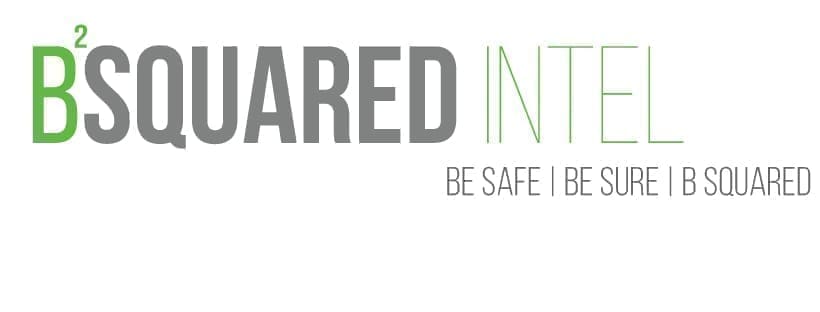In this article we want to talk about people search engines and the privacy issues they pose. We alluded to this a while back, which you can read here. For full disclosure we do use these sites responsibly, but we also want to acknowledge that these sites are abused where those that are targeted have the potential of being harmed.
What is a people search engine?
People search engines are websites that use various technologies to suck up publicly available information on a person and create a searchable profile of them. They pull from sources like court records, voter records, property records, professional license filings, and other publicly available government records. These sites may also have third party vendors they use to provide other searchable information.
What kind of information is available?
For starters, the results these sites provide aren’t always the most accurate.
The kind of information provided typically includes contact information, physical address, and people associated with the target. Others may provide additional information like occupation, salary, and even IP address.
Why is this a privacy issue?
For one, we don’t have a say sometimes in what information about us is made public. Court filings are a good example of this.
Here’s where things become a privacy issue, and in some cases, a safety issue.
If you’re reading this and you’ve used sites like these to check out a potential date to see if they’re saying who they say they are, raise your hand! (Safety first when going on a date with a rando Internet person.) Let’s say that fateful first date turns into a relationship which ultimately ends. In this case, there are some people who can’t let go of the relationship. They may resort to finding your whereabouts and engage in stalking activity where they may have used one of these people search engine sites to track you down.
Sites like these are a nightmare for people who’ve escaped abusive relationships, whether familial or romantic. The fear is real that a survivor’s abusive parent, for example, is actively searching for them.
Then there’s the people search engine site’s ability, or lack thereof, to remove your information from their platform.
Typically you’ll find the site’s prescribed way of removing your information from their platform in their privacy policy. Some of these sites make it simple to remove this information. Some engage in deceptive tactics where they bury the removal link halfway down a lengthy privacy policy making it hard to find. Others require you to provide a copy of your drivers license or passport, which we highly advise against providing. We’ve encountered people search engines that have no way to reach out to them to get your information removed. We’ve also had potential clients reach out informing us that they found their information on a site that required them to pay to get their stuff removed. Our hands are tied when it comes to helping remove your information from sites with extortive removal practices.
Another potential privacy issue is once you remove your information from one of these sites, your info may wind up on them again. This happens when you experience a major life event like getting married/divorced, moving, or getting a new job.
There are dozens of these sites too, so it’s like playing whack-a-mole. You have to constantly check to see if you missed anything. For those that practice data privacy law, we’d love to hear your thoughts on how current laws like the California Consumer Privacy Act or the GDPR are shifting how these sites operate.
Another trend we’re seeing are people search engine sites set up overseas that make it difficult for U.S. citizens to request that their data be removed.
What you can do
- You can start with this LifeWire article that has over a dozen people search sites and ways to remove your information from them (NOTE: The LifeWire article was updated in June of 2022. Things may have changed since.) https://www.lifewire.com/remove-personal-information-from-internet-3482691
- If you find your information on a site that engages in extortive practices where you have to pay to get your stuff removed, use this Google support document to get the process started. We can’t guarantee Google will be able to remove your information, but it’s worth doing. Here’s the Google document that contains the form to fill out https://support.google.com/websearch/answer/9172218
- Lobby your Congressional representatives to pass legislation.
We’d love to hear about your experiences with these people search engine sites. Also would love to hear ideas on how to make these sites more privacy friendly, if that’s even possible.
Drop us message in the contact form below to let us know your thoughts and/or to learn more about what we do!
Contact Us | Bsquared Intel
Please fill out the form below, or call 203.828.0012, to learn how bsquared intel can assist you.

